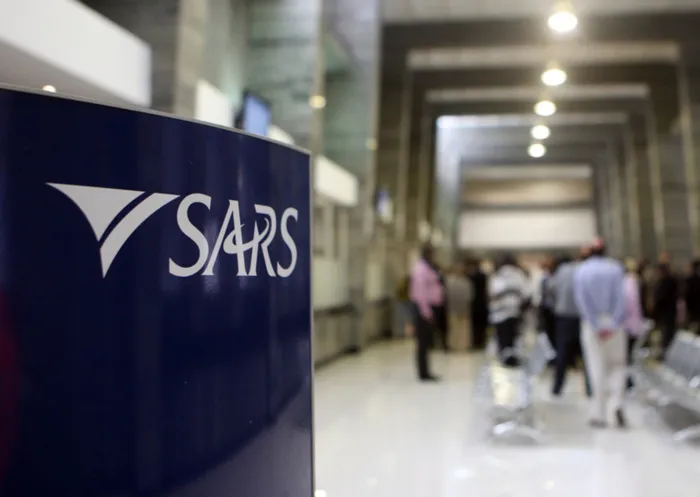
080310 The new offices of SARS at corner Rissik street and Albert street. Picture: Ziphozonke Lushaba 080310 The new offices of SARS at corner Rissik street and Albert street. Picture: Ziphozonke Lushaba
Johannesburg - Men living in Gauteng, in mid career and working in financial services, are hardest hit by the taxman. These facts emerge from tax statistics put out yesterday by the Treasury and SA Revenue Service (Sars).
The data provide a more detailed and updated analysis of information presented in the February Budget relating to previous fiscal and tax years.
The figures show 40 percent of personal taxpayers lived in Gauteng in the tax year ended February 2012, more than 27 percent were employed in the finance, insurance, real estate and business services sector, more than 56 percent were men and 27.5 percent were aged between 35 and 44 years.
The analysis shows individuals are carrying a rising share of the tax burden – 34 percent of the 2012/13 tax bill, compared with 31.4 percent in 2008/09 – while the share paid by corporates fell from 26.7 percent to less than 20 percent.
Deloitte director Billy Joubert said the falling contribution of corporate tax was a sign that companies that previously made profits had fallen on hard times.
According to Sars, of the 2.2 million companies on the register in 2012/13, only 600 526 were assessed and the rest were largely inactive or dormant.
Sars said that, based on reported taxable income of all companies, only 27.6 percent made a profit, 39.1 percent had no income and the remaining third reported assessed losses. And 266 large companies, earning more than R200 million a year, were responsible for 58 percent of the assessed company tax.
Another insight into the structure of the economy comes from the fact that the sector classified as finance, insurance, real estate and business services represented 42 percent of assessed companies and was responsible for 37 percent of tax assessed. Manufacturing contributed 20 percent of the tax assessed, trade, catering and accommodation 16 percent and mining just over 10 percent.
Of 650 000 companies registered for VAT, 426 000 were active and generated R215 billion for the Treasury.
Customs duties amounted to R39bn.
Further details on individuals revealed that 15.4 million people were registered as taxpayers at the end of March, from 13.7 million a year earlier. Of those registered last year, people in employment and earning above the tax threshold paid R276.7 billion, including PAYE income tax, on taxable income worth R1 trillion.
Individuals paid R2.2bn in capital gains tax, while companies contributed R5bn in tax on capital gains. This tax has produced more than R50bn since its inception in October 2001, according to Sars.
Total tax revenue collected in the tax year ending in February amounted to R813.2bn, compared with the R810bn estimated at the time of the February Budget.
The ratio of tax to gross domestic product increased to 25.3 percent, from 25 percent in the previous tax year.
“This is close to the long-term average but well below the peaks of more than 27 percent reached before the global financial crisis,” Sars said.
Apart from tax, Sars receives revenue from mineral and petroleum resource royalties, mining leases and ownership. Together these are classified as budget revenue.
In addition, revenue is collected on behalf of the Unemployment Insurance Fund and the Road Accident Fund. - Business Report
